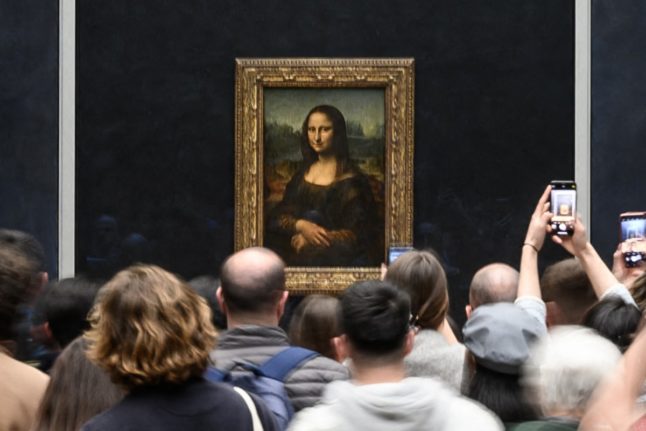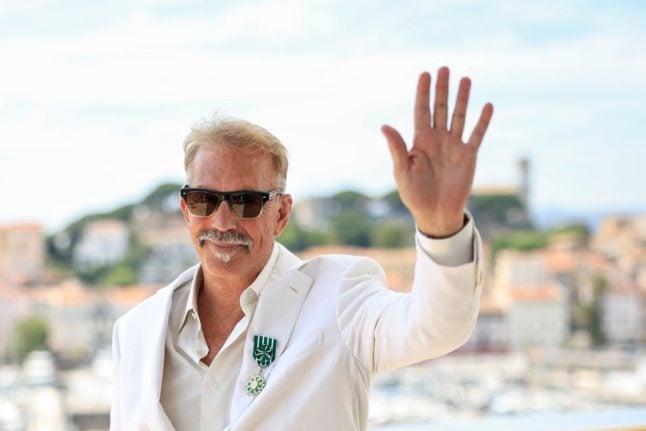Such a move would give visitors, many of whom visit the Louvre for the iconic painting alone, a better experience, Laurence des Cars told the France Inter broadcaster.
“It’s always frustrating when you don’t give visitors the best possible reception, and that is the case for the Mona Lisa,” she said. “A better solution seems necessary to me today,” she said, adding that the Louvre was in contact with the culture ministry about potential solutions.
The Louvre, the world’s most popular museum, welcomed close to nine million visitors in 2023.
Des Cars said 80 percent of them — 20,000 people per day — braved the crowd to catch a glimpse of the Mona Lisa’s enigmatic smile, often taking selfies in front of the painting.
The Mona Lisa currently hangs in the Louvre’s Salle des Etats (State Room), the museum’s biggest, in a protective glass case, but Da Vinci’s masterwork is not alone there.
It is accompanied by works by 16th-century Venetian masters, and across the room hangs the Louvre’s biggest painting, The Wedding at Cana by Paolo Veronese.



 Please whitelist us to continue reading.
Please whitelist us to continue reading.
Member comments